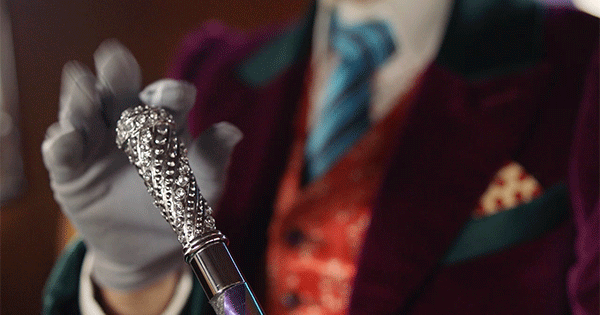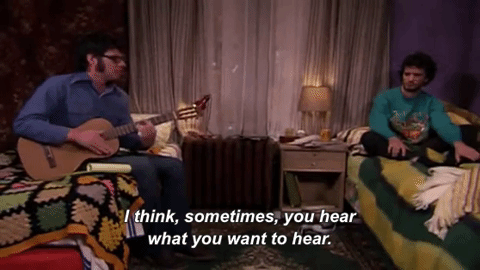Over the summer I started making weekly trips to see Annie (not her real name), an older, homebound woman living on the Upper East Side of Manhattan.
All but one of my own grandparents were now in their 90s, and while they're mostly in good health, they have their kids close by to look out for them. Annie had no one, so when she called the Carter Burden Center for the Aging and asked to have a volunteer come to spend some time with her and help her out around the house, they sent me.
Volunteering with the elderly is an odd mix of rewarding and discouraging feelings. It puts you face to face with your future as you witness the sort of life of dependency that you might have waiting for you not that far down the road. But it also shows you what it's like to have lived a life, and to give something even more important than money: time, company, an ear.
Here are five other things I've learned by spending time with Annie.
Patience may be a virtue, but that doesn't make it easy

The first time I arrived at Annie's apartment, I thought I knew what to expect. I didn't expect the easily excitable woman whose mind was surprisingly sharp, yet whose body was surprisingly frail.
She moves very slowly, but still values her independence above all else. If I'm helping her sort her mail or do her laundry, even though it might be ten times faster for me to just do it on my own, it's important to her to be able to take the lead, and it's made me learn to slow down, match her pace, and enjoy the process — maybe not the process of doing laundry, but definitely in other things in life.
Sometimes you just need someone to listen

At every visit, aside from the days she's too tired or not in the mood to talk, Annie catches me up on her week. Usually it's a lot of doctors' visits, at which her chief complaint isn't her health per se — it's feeling like her doctors aren't really listening to her.
That's a problem that many people face: that the older they get, the more invisible they become.
As easy as it might be to just jump in and immediately trying to solve someone's problems for them, that's not always what they want. Sometimes they really just want to be heard, and you can make their day by listening.
You can't always tell people what they want to hear

As I mentioned before, Annie is… easily excitable. She's very protective of her space, her things, her ideas. She has a tendency to jump to conclusions, and it often makes her anxious.
I try to listen and talk to her in a way that doesn't invalidate her over what she's feeling, but still provides her with another perspective and challenges her to look at things in a more objective way. You can usually gauge while talking to someone whether you think this is necessary, but often the other person will thank you for it.
Helping others is empowering

Maybe this one's a given, but helping others is really empowering. Not just for me, but also for the person that you help. When I go spend time with Annie, it makes her life a little easier and gives her more independence.
Taking care of yourself is great — and necessary, obviously — but helping others who can't do the same is even more so.
Everyone has a history

As the saying goes, don't judge a person until you've walked a mile in their shoes. Annie has lived in New York for more than 35 years. She once had a job at the Brooklyn Public Library. She's written a novel. She's also an accomplished artist.
Annie isn't just an older woman who needs some help sometimes; she's a smart and creative person, and we have a lot more in common than I would have originally thought.
I try to apply that same logic to everyone I meet and talk to now. What are they passionate about, what are they good at? What do they love? What's their story?



